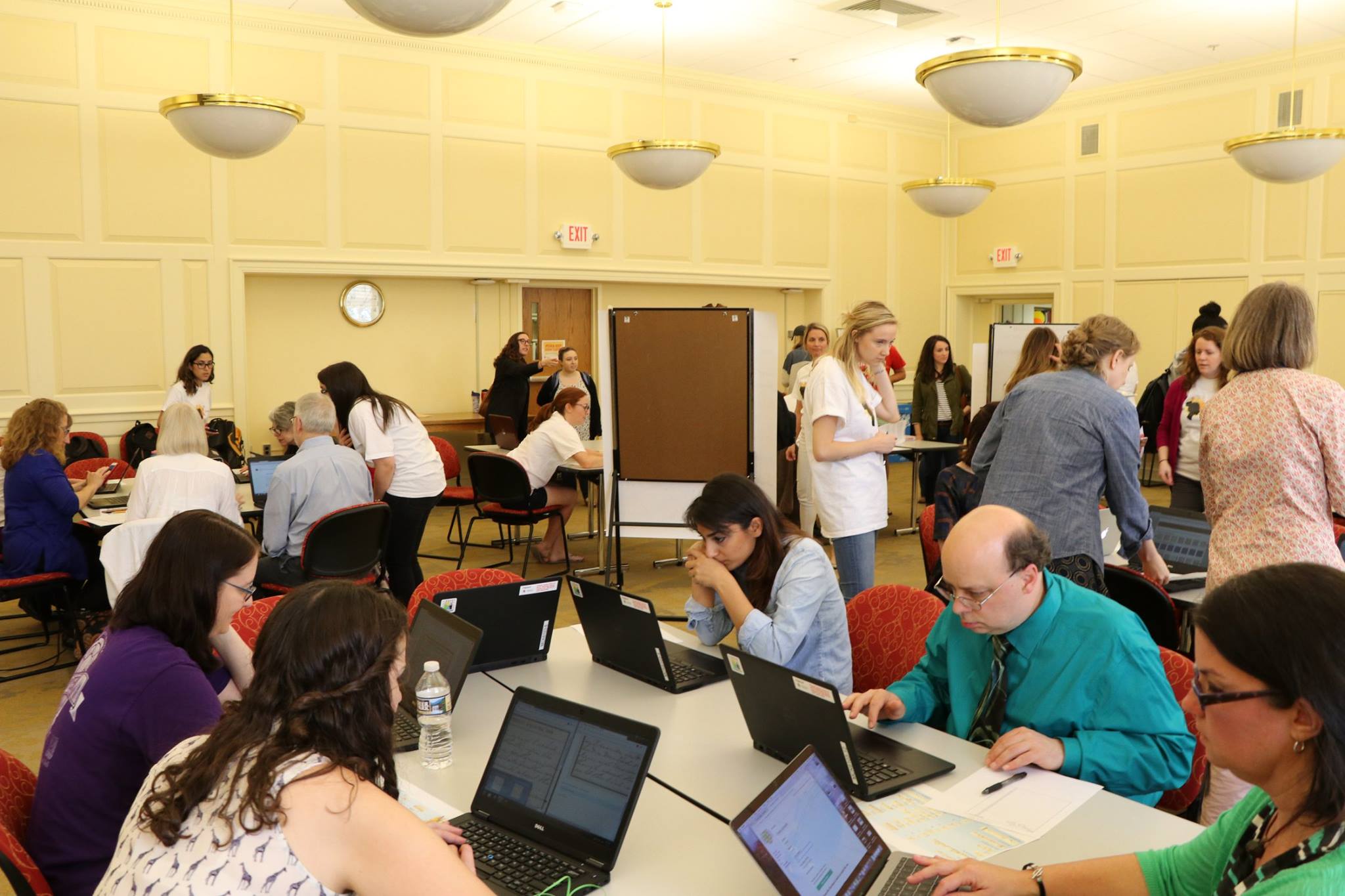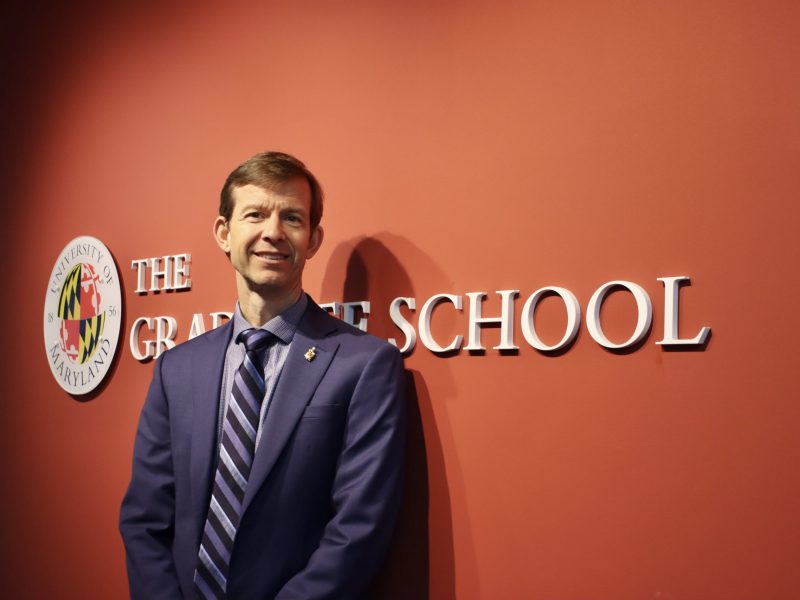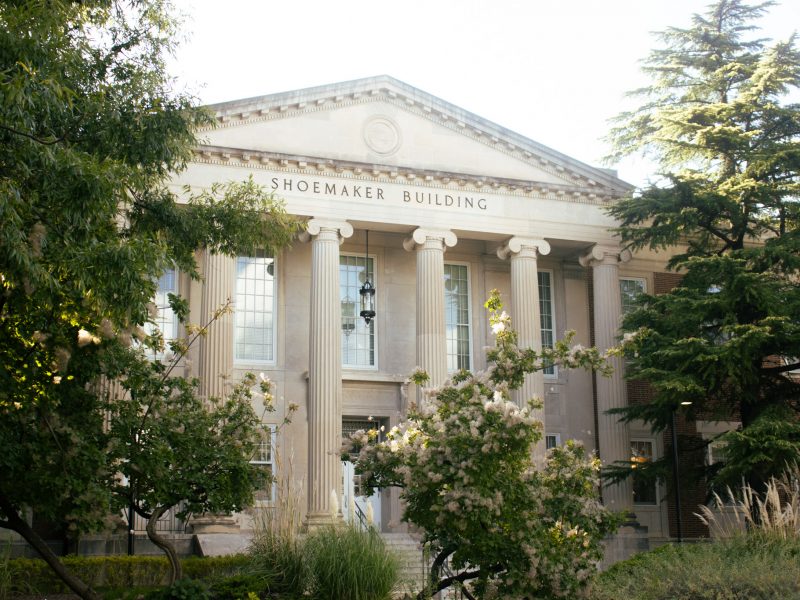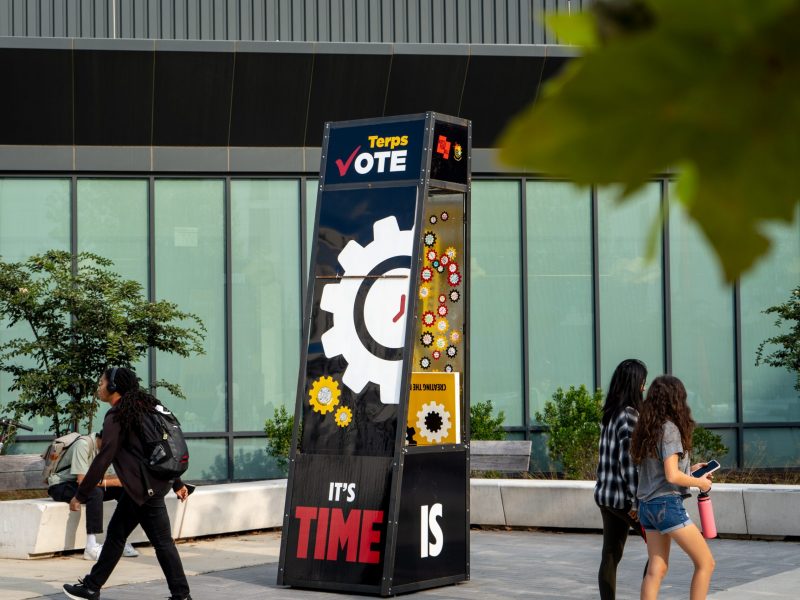By Saree Mansbach
For The Diamondback
A class of University of Maryland students had the opportunity to transcribe a diary kept by a slave owner during the Civil War.
About 50 students gathered to digitally record the diary of Margaret “Madge” Preston, a white Baltimore woman whose family owned slaves. The event was organized by two professors who wanted to provide students with a meaningful way to learn about women’s history.
The class, ENGL379Z: Special Topics in Literature; Women and Memory in Material and Digital Worlds, is aimed at students who want to learn how to make women’s past interesting to the public, said Jessica Enoch, professor of the class. Enoch teaches the course alongside Katie Bramlett, an English doctoral student. The instructors worked with Elizabeth Novara, a curator at Hornbake Library, to put together this event.
Enoch and Bramlett said they actually wanted their students to organize the event themselves. Instead of providing a definitive structure, students were supposed to “imagine it themselves.”
Participants hoped to transcribe 50 pages of the diary during the two-hour event, which was funded by this university’s English department’s Beyond the Classroom funding initiative. The group achieved their goal with 15 minutes to spare. The students worked page by page to turn Preston’s entries into digital form.
“These transcription projects are now a part of a lot of libraries, so the University of Maryland is doing really cutting-edge work by developing this transcription software,” Enoch said.
The students’ work can be accessed on this university’s transcription website, which includes a variety of historical pages. Once the entries are transcribed, they can be used for research or as a reference to a specific time period.
Junior English major Alexis Bates said she enjoyed learning more about Preston while she was comparing thoughts with her peers.
“It’s really funny how there’s so many different interpretations of Madge based on her diary, because we each get separate pages, and we each get a different story.” Bates said.
Although Preston’s diary details her experiences during the Civil War, junior English and history major Liz Patterson said she thought the particularly interesting stories were the ones of Preston’s domestic life.
“It makes me feel like she focused on living and doing the housework and letting her husband handle whatever was going on,” Patterson said. “She doesn’t really talk about politics a lot. It really tells us about the priorities of upper-class women during that time period.”
Junior English and sociology Duaa Shamim said she was surprised by the language Preston used in the diary.
“It was weird seeing how she referred to her husband as Mr. Preston,” Shamim said. “That tells us about women’s role in the house during the Civil War.”
Though the course — also known as Women and Public Memory — hosted the event, they welcomed any willing participants to transcribe, which included Daune O’Brien, a lecturer in the English Department. O’Brien said the event was an exciting way to learn more about an individual, as well as an important historical era.
“I was tempted to ask for the pages before and after to try to give myself context,” She said. “I could see why this is so addicting. It’s like you have all these clues and you’re trying to solve a mystery.”



